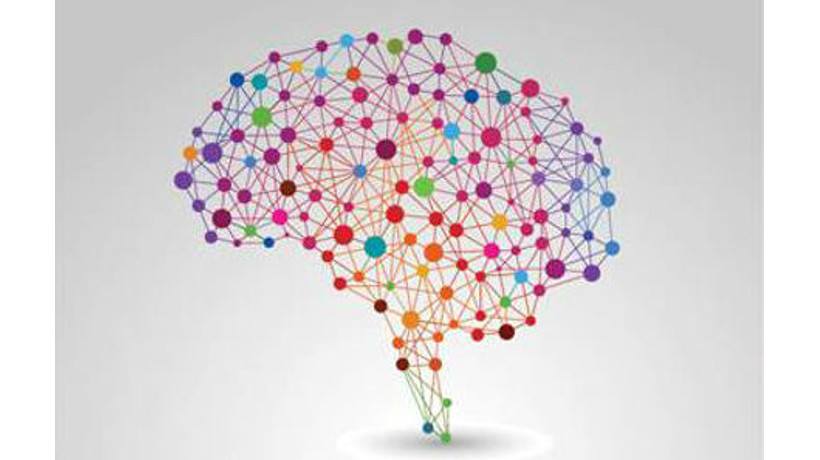3 Brain Facts For eLearning Designers
As an eLearning designer, it would be appropriate to know these three surprising brain facts about how brain works.
1. Early morning working hours of your day after a sleep
The productivity of a human being and a computer is not same after a sleep. Computer remains the same after a sleep mode, whereas for human beings a sleep enhances learning, performance, memory and more over creative ability. Therefore, early morning hours are very important, especially for a creative eLearning designer.
Now do you recollect during our school days why our parents and teachers insisted us to do our studies early in the morning?
Researchers have found that sleep is inevitable in order to reach new insights and to see new creative solutions to old problems. That means to say, a sleep resets your brain to look at things from a different perspective, which is crucial to creativity.
Dr. Ellenbogen’s research at Harvard indicates that people are 33 percent likely more creative after sleep, but you might not recognize it.
Researchers from across the United States have discovered that:
- A single night of sleeping only four to six hours can impact your ability to think clearly the next day.
- Sleep deprivation can cause changes in your brain activity similar to those experienced by people with psychiatric disorders.
As an eLearning designer, I hope now you recognize why a sleep and early morning hours are important.
2. A day after long working hours
It might sound crazy if I tell you that most of my new ideas emerged during my shower after a long day at work. I meant to say that the brain does creative work better when you’re tired as well. It is a contradiction to the first point, but it actually makes sense when you look at the reasoning by the researchers.
When you’re tired, your brain is less efficient to focus on a particular task by filtering out the distractions. It’s also a lot less efficient at remembering known connections between ideas or concepts. As a creative eLearning designer these are both good things which will lead us to make new connections, be open to new ideas and think in new ways. So a tired and fuzzy brain is much more use to us when working on creative projects. This Scientific American article explains how distractions can actually be a good thing for creative thinking:
Insight problems involve thinking outside the box. This is where susceptibility to "distraction" can be of benefit. At off-peak times we are less focused, and may consider a broader range of information. This wider scope gives us access to more alternatives and diverse interpretations, thus fostering innovation and insight.
3. Multi-tasking at a time and resulting more errors
I know we have long been encouraged to practice multi-tasking seeking good appraisals from our boss and a better career growth. But it is literally impossible for our brains to multi-task. When we think we’re multi-tasking, we’re actually context-switching. That is, we’re quickly switching back-and-forth between different tasks, rather than doing them at the same time. Estimates in 2012 shows that you can lose up to 40% of your productivity if you multi-task. For your information, psychologists insist that the term “multi-tasking” is actually a misnomer. People can't actually do more than one task at a time. Instead we switch tasks. So the term that is used in the research is "task switching".
One of the books about Brain explains how detrimental “multi-tasking” can be:
Research shows your error rate goes up 50 percent and it takes you twice as long to do things. When the brain tries to do two things at once, it divides and conquers, dedicating one-half of our gray matter to each task.
That is, we’re splitting our brain’s resources giving less attention to each task, and probably performing worse on all of them.
Now, let’s think about musicians, new research from Canada finds trained musicians more efficiently switch from one mental task to another. Researchers write, "Musicians’ extensive training requires maintenance and manipulation of complex stimuli in memory, such as notes, melody, pitch, rhythm, dynamics, and the emotional tone of a musical piece”. This may help them to develop superior control to respond efficiently to stimuli in an environment where both switching and non-switching components exist. Therefore, trained musicians are exceptional group of people who are able to do better than the rest of us.
Like trained musicians most of us have achieved the multi-tasking ability from long time experience working on tight timelines. Again I would like to emphasize that this is achieved from our work experience which is actually self-training.
Do you have some more surprising facts about the brain you would like to share? Please comment.








